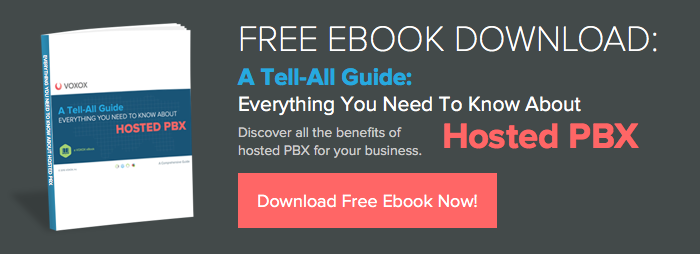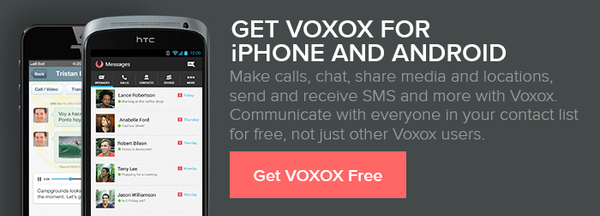On Thursday, February 26, the Federal Communication Commission (FCC) voted on new net neutrality rules that would regulate the Internet as a utility. The new rules were proposed by Chairman Tom Wheeler to prevent discrimination and preferential treatment by Internet Service Providers (ISP), thus promoting a neutral Internet. The FCC’s goal to regulate broadband by prohibiting fast and slow lanes through paid prioritization is now in affect after the voting.
 Here are the rules of Wheeler’s Net Neutrality proposal:
Here are the rules of Wheeler’s Net Neutrality proposal:
- No blocking: Broadband service providers may not block access to any content
- No throttling: Broadband providers may not slow down internet traffic
- No Paid prioritization: Broadband providers can’t give preferable treatment
- Open Internet conduct standard: ISPs cannot adopt practices that will “harm consumers or edge providers.”
- Transparency: ISPs will need to be more open and specific about how they manage their networks.
- Reasonable Network Management: All traffic to be treated equally
Now this has an impact on everyone, from large corporations, to small startup businesses, and even individuals. No longer are ISPs allowed to select and choose the content they want to provide to their viewers. Instead, content providers are treated fairly and traffic may not be slowed or obstructed in favor for another. Internet users may have complete access to any content they desire without fear of it being blocked.
The same rules governing the Internet will apply to VoIP service providers and users as well. Leveling the playing field for an open Internet forces ISP’s to manage and price traffic equally. Internet providers won’t be able to influence decision making for VoIP buyers by offering better streaming services to big corporate businesses that could afford to pay more. This would allow for smaller VoIP businesses to compete and offer their service without being stifled due to competitive pricing.
Do you agree with the FCC ruling? What are your thoughts and on net neutrality and preserving the Internet as an open platform? Share in the comments below!







